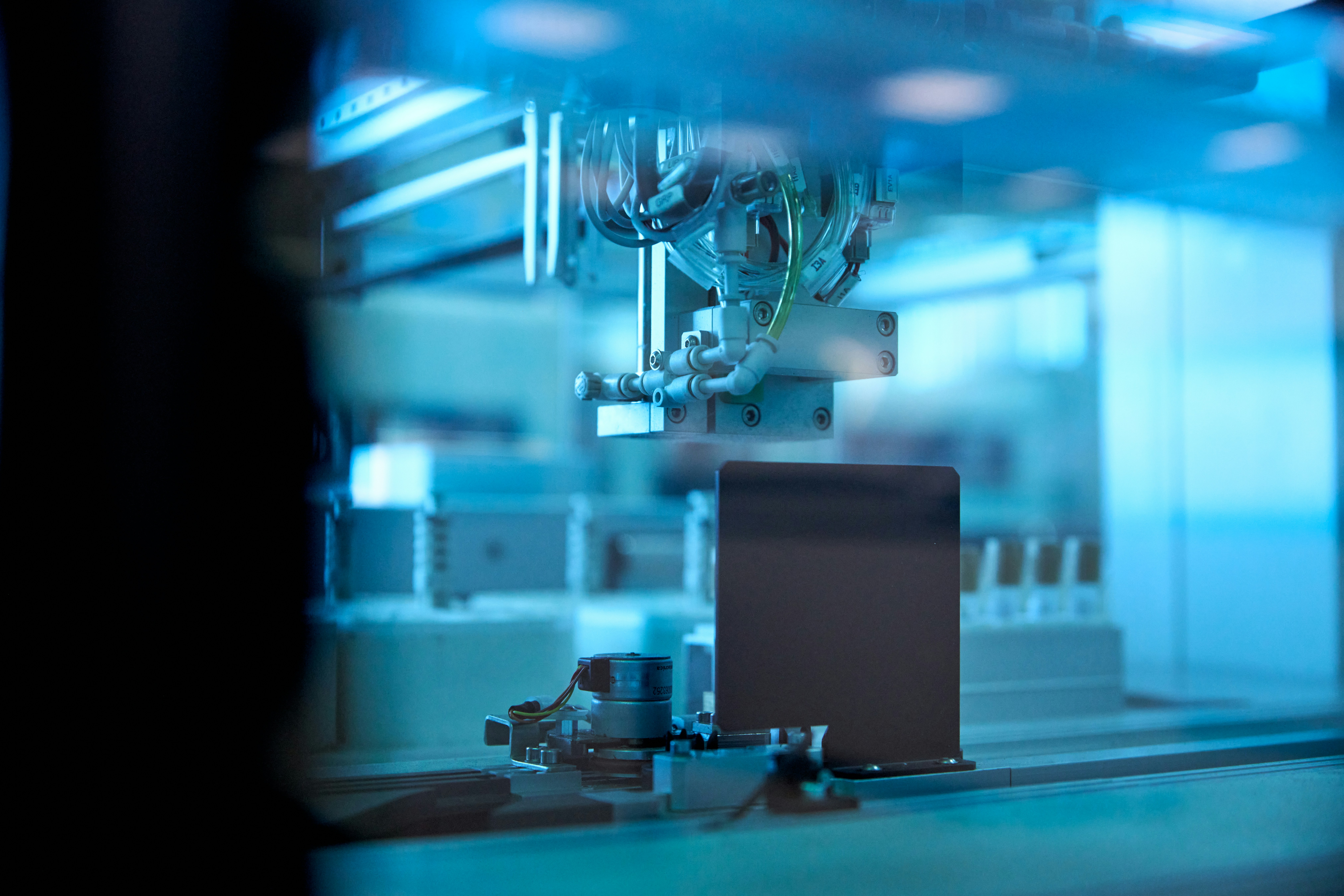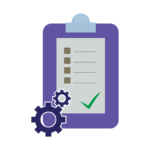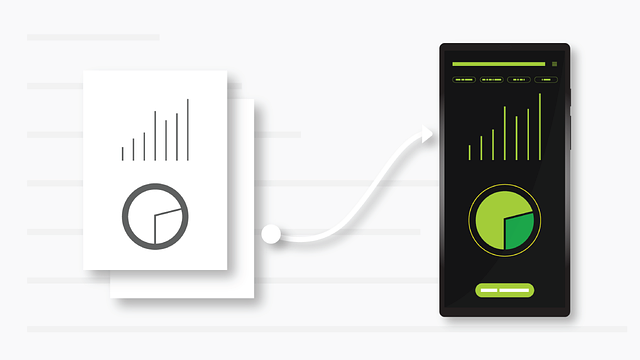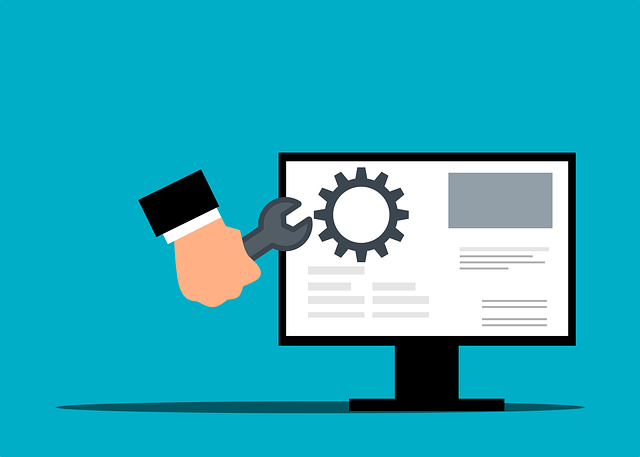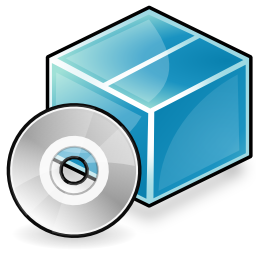In today’s fast-paced laboratory environment, managing complex workflows and vast amounts of data requires sophisticated software solutions. Laboratory Information Management Systems (LIMS) have become essential tools for labs across healthcare, pharmaceutical, and chemical sectors, helping them maintain precision, speed, and quality in their operations.
Modern laboratories face increasing pressure to enhance operational efficiency while minimizing human error. That’s where specialized LIMS software development services come into play. These systems don’t just manage samples and data – they transform how labs operate by automating workflows, connecting instrumentation through open standards, and enabling seamless integration with existing software systems.
Whether you’re looking to streamline lab billing, strengthen cybersecurity, or improve reporting and analytics, custom LIMS development offers tailored solutions that adapt to your specific needs. Let’s explore how professional laboratory management software development can revolutionize your lab’s capabilities.
Get in touch to discuss your project needs:
Reviews from our happy clients:
Proudly supporting clients of all sizes to succeed through digital solutions

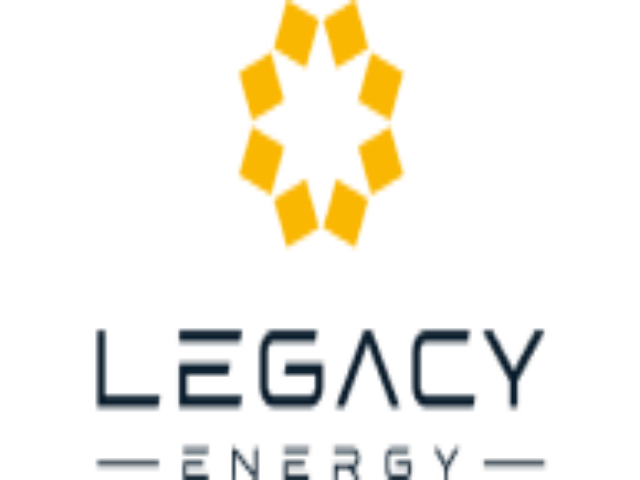



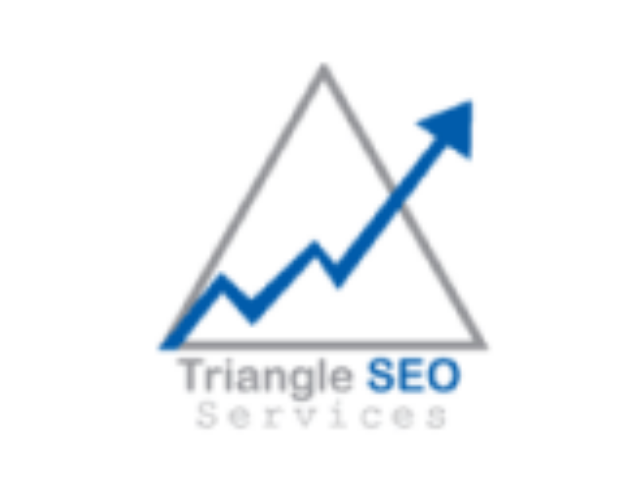
Why work with us?
What Are Laboratory Management Software Development Services
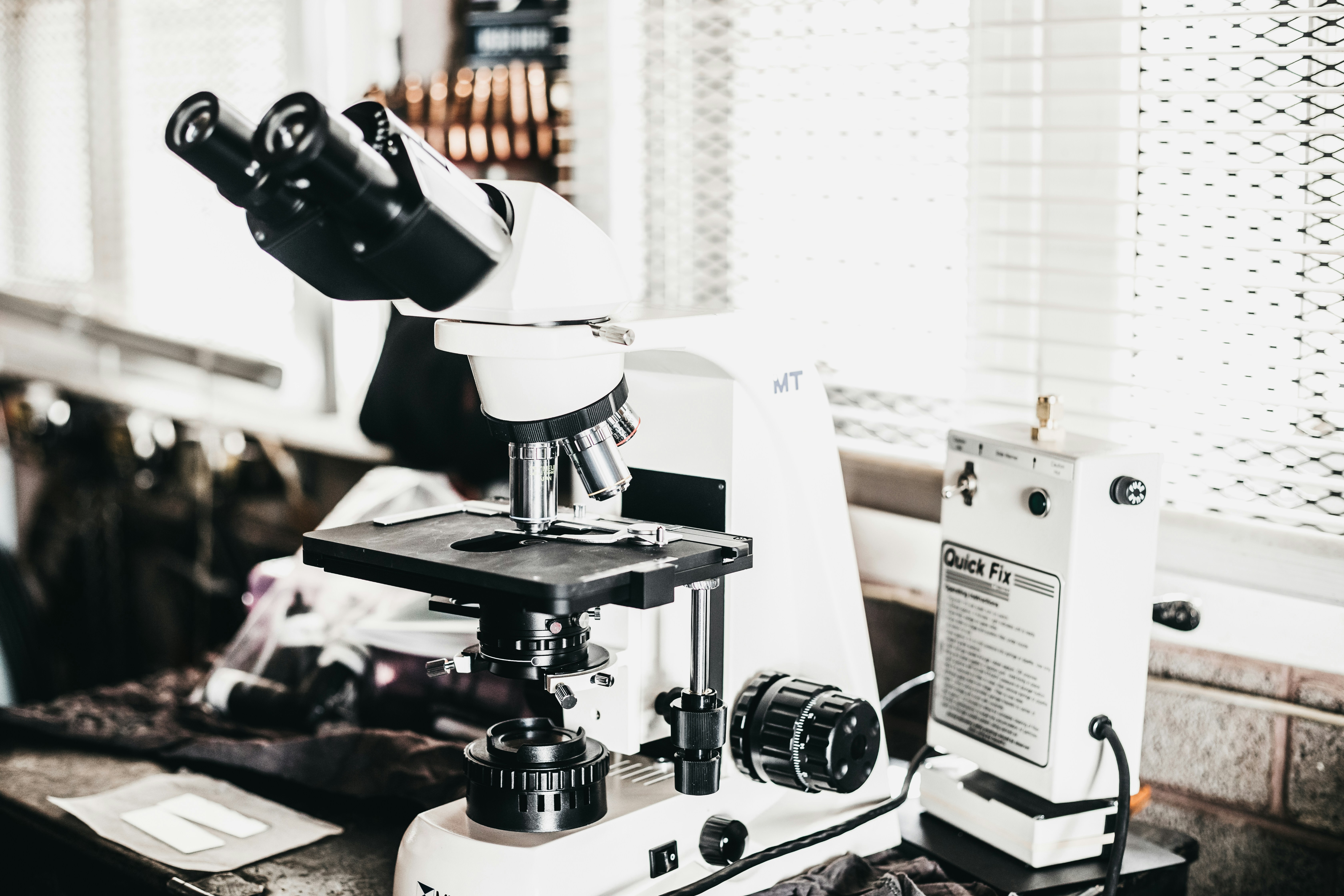
Laboratory management software development services encompass the comprehensive process of designing, building, and implementing custom digital solutions that transform how laboratories operate. These specialised services create tailored Laboratory Information Management Systems (LIMS) that streamline sample tracking, automate workflows, and ensure data integrity across your entire laboratory ecosystem.
Core Components of Our LIMS Development Services
We deliver end-to-end laboratory software solutions that address every aspect of modern lab operations. Our development services include:
Sample Management Systems
- Track samples from collection through disposal
- Automate barcode generation and scanning
- Monitor storage conditions and locations
- Generate chain-of-custody documentation
Workflow Automation Tools
- Eliminate manual data entry errors
- Configure automated test protocols
- Schedule instrument calibrations
- Create custom workflow templates
Data Integration Capabilities
- Connect existing laboratory instruments
- Synchronise with Electronic Health Records (EHR)
- Interface with billing systems
- Enable real-time data exchange
Custom Development Process
Our laboratory software development follows a structured approach that ensures your LIMS aligns perfectly with your operational requirements.
Industry-Specific Solutions
We specialise in developing LIMS software for diverse laboratory environments:
Healthcare Laboratories
Pathology labs benefit from our integrated reporting systems that connect directly with hospital information systems. Clinical laboratories use our solutions to manage numerous samples with high accuracy.
Pharmaceutical Research
Drug development facilities can leverage compliant systems and custom solutions track compound libraries, manage stability studies, and maintain audit trails for regulatory submissions.
Chemical Testing Facilities
Environmental testing labs utilise our software to manage complex analytical workflows. Food safety laboratories depend on our systems to track contaminant testing across multiple production batches.
Advanced Features We Develop
Intelligent Reporting Modules
Generate customised reports that meet regulatory requirements. Our systems produce certificates of analysis, trend reports, and quality control charts automatically.
Cybersecurity Implementation
Protect sensitive laboratory data with multi-factor authentication, role-based access controls, and encrypted data transmission protocols.
Mobile Laboratory Applications
Access critical lab information from tablets and smartphones. Field technicians can collect samples, update statuses, and view results remotely.
Integration Services
Laboratory environments typically operate multiple software systems simultaneously. We specialise in creating seamless connections between:
- Laboratory instruments (chromatographs, spectrometers, analysers)
- Enterprise Resource Planning (ERP) systems
- Customer Relationship Management (CRM) platforms
- Quality Management Systems (QMS)
Our integration services use industry-standard protocols including HL7, ASTM, and REST APIs to ensure reliable data exchange across all platforms.
Ongoing Support and Maintenance
Post-deployment support ensures your laboratory management system continues operating at peak efficiency:
Technical Support Services
- Ongoing helpdesk availability
- Remote troubleshooting capabilities
- Regular system health checks
- Performance optimisation
System Updates and Enhancements
- Security patch implementation
- Feature additions based on user feedback
- Regulatory compliance updates
- Database optimisation
Training Programs
- Administrator certification courses
- End-user workshops
- Custom training materials
- Video tutorial libraries
Why Choose AGR Technology for Your LIMS Development
With 10+ years of experience developing software solutions, AGR Technology understands the unique challenges laboratories face. Our development team combines technical expertise with deep industry knowledge to create systems that genuinely improve laboratory operations.
Ready to transform your laboratory operations? Contact AGR Technology today to discuss your custom LIMS development requirements. Our expert consultants can assess your current processes and design a solution that delivers measurable improvements in efficiency, accuracy, and compliance.
Core Components of Laboratory Management Software
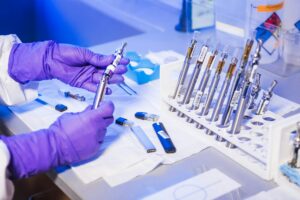
Modern laboratory management software integrates multiple sophisticated components that work together to streamline operations and enhance productivity. We’ve identified three essential systems that form the foundation of comprehensive laboratory software solutions.
Laboratory Information Management Systems (LIMS)
LIMS serves as the central hub for all laboratory operations, managing samples from receipt through disposal. Our LIMS development focuses on creating flexible, component-based architectures that handle complex workflows efficiently. The system tracks samples throughout their lifecycle, manages experimental data, and coordinates equipment usage while ensuring compliance with industry regulations.
Key features we implement in LIMS include:
- Sample Management: Track samples through every stage with complete chain-of-custody documentation
- Workflow Automation: Automate routine tasks and standardize procedures across departments
- Inventory Control: Monitor reagents, consumables, and supplies with automatic reorder alerts
- Data Integration: Connect with instruments like Tomtec Cyclone and Tecan Genesis for automated data capture
- Compliance Management: Built-in audit trails and electronic signatures
Electronic Laboratory Notebooks (ELN)
ELNs digitize traditional paper notebooks, creating searchable, secure repositories for experimental documentation. Our ELN solutions enable real-time collaboration among research teams, even across multiple locations or organizations.
Essential ELN capabilities include:
- Live Collaboration: Multiple users edit and review experiments simultaneously
- Protocol Management: Create reusable templates and standardized methods
- Data Visualization: Generate graphs and charts directly within notebook entries
- Version Control: Track all changes with complete revision history
- Mobile Access: Document experiments from tablets or smartphones in the lab
Quality Management Systems (QMS)
QMS modules ensure consistent, reliable results by standardizing procedures and monitoring performance metrics. Our quality management solutions digitize SOPs, automate risk assessments, and streamline compliance reporting.
Core QMS functionalities comprise:
- Document Control: Manage SOPs, work instructions, and quality manuals electronically
- Non-Conformance Tracking: Log deviations and implement corrective actions
- Audit Management: Schedule audits and track findings through resolution
- Training Records: Monitor staff certifications and competency assessments
- Performance Analytics: Generate quality metrics and trend reports
Key Features and Functionalities
Our laboratory management software development services deliver comprehensive features that transform how laboratories operate. We design each functionality to address specific challenges laboratories face, from sample tracking to regulatory compliance.
Sample and Workflow Management
Sample management forms the backbone of laboratory operations. Our LIMS solutions track samples throughout their entire lifecycle – from collection and registration through analysis and disposal. We implement barcode and RFID technology for accurate sample identification, reducing mix-ups by up to 95%.
Our workflow automation capabilities streamline laboratory processes by:
- Automating routine tasks like sample registration and result entry
- Creating standardized operating procedures (SOPs) for consistent execution
- Managing project workflows across multiple departments
- Tracking container locations with complete audit trails
- Setting automatic reorder alerts for supplies and reagents
Data Management and Analytics
Modern laboratories generate massive data volumes daily. Our data management solutions organize this information effectively, enabling laboratories to derive meaningful insights. We build systems that ingest outputs from diverse laboratory equipment and support various molecular data formats.
Our analytics features include:
- Real-time data visualization dashboards
- Automated report generation with customizable templates
- Trend analysis for quality control monitoring
- Statistical process control charts
- Predictive analytics for equipment maintenance
We implement advanced search capabilities that allow users to locate specific data points across millions of records in seconds. Our solutions also include data archiving strategies that maintain accessibility while optimizing storage costs.
Regulatory Compliance and Quality Control
Compliance isn’t optional in laboratory environments. Our LIMS software includes built-in regulatory frameworks for FDA 21 CFR Part 11, ISO 17025, and CAP/CLIA requirements. We digitize quality management processes to ensure consistent adherence to industry standards.
Quality control features we implement:
- Electronic signature workflows with complete audit trails
- Automated calibration scheduling and documentation
- Out-of-specification (OOS) investigation management
- Proficiency testing tracking and reporting
- Document version control with approval workflows
Our systems automatically generate compliance reports for regulatory inspections, reducing preparation time from weeks to hours. We also build in data integrity controls that prevent unauthorized modifications and maintain complete change histories.
Integration and Interoperability
Laboratory ecosystems consist of multiple systems that must communicate seamlessly. We specialize in creating integration bridges between LIMS and other critical platforms including Electronic Health Records (EHR), Enterprise Resource Planning (ERP) systems, and billing modules.
Our integration capabilities encompass:
- API-based connectivity for real-time data exchange
- HL7 and FHIR standards for healthcare interoperability
- Instrument middleware for legacy equipment connectivity
- Cloud-based data warehousing solutions
- Mobile application integration for remote access
We ensure secure data transfer protocols that maintain HIPAA compliance while enabling efficient information flow. Our integration solutions reduce duplicate data entry by 85% and eliminate transcription errors between systems.
Development Services for Different Laboratory Types
We specialise in creating tailored laboratory management software solutions that address the unique challenges faced by different laboratory environments. Our extensive experience across diverse sectors enables us to deliver LIMS that perfectly align with your specific operational requirements and regulatory standards.
Clinical and Diagnostic Laboratories
Clinical and diagnostic laboratories process thousands of patient samples daily, demanding exceptional accuracy and rapid turnaround times. We develop LIMS solutions that streamline patient sample tracking from collection through result delivery, ensuring zero sample mix-ups and maintaining complete chain of custody documentation.
Our clinical laboratory software integrates seamlessly with Hospital Information Systems (HIS) and Electronic Medical Records (EMR), enabling automatic patient data synchronisation and result reporting. Key features include:
- Automated sample barcoding and tracking – Eliminate manual entry errors with barcode scanners that track samples through every testing phase
- Priority sample flagging – Automatically identify urgent samples and route them through expedited workflows
- Multi-site connectivity – Connect satellite collection centres with central processing labs for real-time sample status updates
Research and Pharmaceutical Laboratories
Research laboratories require flexible LIMS that adapt to evolving experimental protocols and support complex data analysis. We create systems that manage everything from compound libraries to clinical trial data, ensuring your research maintains scientific integrity whilst accelerating discovery timelines.
Our pharmaceutical LIMS development focuses on:
- Compound management systems – Track millions of chemical compounds with detailed structural data and experimental results
- Protocol versioning and approval workflows – Maintain complete experimental documentation with electronic signatures and change tracking
- Instrument integration – Connect directly with mass spectrometers, chromatography systems, and automated liquid handlers
Industrial and Manufacturing Laboratories
Industrial laboratories face unique challenges in quality control testing, raw material verification, and product certification. We develop robust LIMS that integrate with manufacturing execution systems (MES) and enterprise resource planning (ERP) platforms to create seamless quality assurance workflows.
Our industrial laboratory solutions deliver:
- Automated batch testing workflows – Schedule and track quality control tests based on production schedules
- Certificate of analysis generation – Automatically compile test results into customer-ready documentation
- Statistical process control – Monitor testing trends to identify potential quality issues before they impact production
- Multi-product formulation management – Handle complex testing requirements across diverse product lines
Custom Development vs. Off-the-Shelf Solutions
Choosing between custom laboratory management software and off-the-shelf solutions represents a critical decision that impacts your lab’s operational efficiency and long-term success. We understand that each laboratory faces unique challenges, and selecting the right approach determines how effectively you’ll manage samples, automate workflows, and maintain regulatory compliance.
Benefits of Custom Laboratory Software
Custom laboratory software delivers transformative advantages that generic solutions can’t match. We’ve observed laboratories achieve faster sample processing times through tailored workflow automation that aligns precisely with their specific procedures. Custom LIMS accommodates unique sample handling protocols, particularly valuable for rare disease diagnostics and genetic testing facilities that require specialized data formats.
Complete Integration Flexibility
- Connect seamlessly with existing ERP, EMR, and CRM systems
- Support diverse lab equipment including high-throughput analyzers
- Enable bidirectional data exchange with molecular diagnostic platforms
Scalability for Growth
- Expand functionality as your laboratory grows
- Add new testing modules without system overhaul
- Support multi-lab orchestration across different locations
Advanced Feature Implementation
- Deploy AI-driven sample routing for optimal efficiency
- Implement automated test result interpretation
- Create role-specific workflows for different team members
Custom development allows integration of advanced features like predictive maintenance alerts for equipment and real-time quality control monitoring that off-the-shelf solutions rarely provide.
When to Choose Customization
Custom LIMS development becomes essential when your laboratory operations extend beyond standard workflows. We recommend custom solutions for laboratories that:
Handle Specialized Testing Requirements
- Process rare or complex sample types
- Require domain-specific data formats (flow cytometry, sequencing outputs)
- Perform multi-stage testing with unique validation protocols
Face Integration Challenges
- Need to connect legacy systems with modern platforms
- Require real-time data synchronization across departments
- Must integrate proprietary or specialized laboratory instruments
Demand Regulatory Compliance
- Operate under strict industry regulations (HIPAA, GCP, GLP, FDA 21 CFR Part 11)
- Require detailed audit trails and electronic signatures
- Need customized reporting for regulatory submissions
Ready to optimize your laboratory’s efficiency? Contact AGR Technology today to discuss how our custom LIMS development services can streamline your workflows and enhance data integrity. Let’s create a solution that grows with your laboratory’s evolving needs.
Implementation and Integration Services
We specialise in seamless LIMS implementation and integration services that transform your laboratory operations. Our comprehensive approach ensures your laboratory management software integrates perfectly with existing systems while minimising disruption to daily workflows.
System Architecture and Design
Our system architecture services create robust foundations for your laboratory management software. We design scalable architectures that can accommodate laboratories processing thousands of samples daily, ensuring optimal performance across all operational scales.
Key architectural components we implement include:
- Modular framework design that allows independent scaling of sample processing, data analytics, and reporting modules
- Cloud-native architecture supporting AWS, Azure, or on-premise deployments based on your security requirements
- Microservices structure enabling strong uptime through isolated service management
- API-first design facilitating seamless connections with laboratory instruments and third-party systems
Data Migration and Legacy System Integration
Our migration methodology encompasses:
- Data mapping and validation – Converting legacy formats to modern standards like FHIR while maintaining historical audit trails
- Phased migration approach – Transferring data in controlled batches with verification checkpoints
- Custom adapter development – Building middleware for systems using outdated protocols e.g. ASTM E1381/E1394
- Parallel system operation – Running legacy and new systems simultaneously during transition periods
We develop custom transformation rules that handle complex data relationships, ensuring instrument calibration records, chain-of-custody documentation, and quality control data transfer accurately. Our team creates automated validation scripts that compare source and destination data, generating detailed reconciliation reports for regulatory compliance.
Third-Party Integrations and APIs
Modern laboratories rely on ecosystem connectivity. We integrate LIMS with enterprise systems, analytical instruments, and external platforms through secure, standardised APIs.
Our integration capabilities include:
- Instrument connectivity – Direct integration with Agilent, Waters, Thermo Fisher, and 150+ other manufacturers
- ERP system connections – SAP, Oracle, Microsoft Dynamics integration for billing and inventory management
- Healthcare interoperability – HL7, DICOM, and FHIR protocols for hospital information systems
- Supply chain integration – Automated ordering systems triggering reorders when reagent levels drop below thresholds
Security remains paramount in our integration approach. We implement OAuth 2.0 authentication, TLS 1.3 encryption, and API rate limiting to protect sensitive laboratory data. Each integration includes comprehensive logging and monitoring capabilities, allowing IT teams to track data flows and troubleshoot issues promptly.
Emerging Technologies in Laboratory Software
We’re transforming laboratory operations through cutting-edge technologies that revolutionise how labs manage data, automate processes, and deliver results. Our advanced laboratory management software development services incorporate the latest innovations to keep your lab at the forefront of scientific advancement.
AI and Machine Learning Applications
Artificial intelligence fundamentally changes how laboratories process and analyse data. We integrate sophisticated AI algorithms into your LIMS that automatically detect patterns in test results, predict equipment maintenance needs, and optimise workflow scheduling. Our machine learning models analyse historical sample data to identify anomalies 95% faster than manual review processes.
Smart sample classification systems categorise incoming specimens based on previous testing patterns, reducing sorting time. Predictive analytics modules forecast peak workload periods and suggest optimal staffing levels, improving overall laboratory efficiency. Our AI-powered quality control systems detect potential errors before they impact results, maintaining high accuracy rates.
Natural language processing capabilities enable voice-activated data entry and command execution, allowing technicians to update records hands-free while working with samples. Image recognition technology automatically reads barcodes, interprets handwritten labels, and validates sample container integrity, eliminating manual verification steps.
IoT and Connected Laboratory Devices
Internet of Things technology creates intelligent laboratory ecosystems where every device communicates seamlessly. We develop LIMS solutions that connect with smart microscopes, automated pipetting systems, centrifuges, and analytical instruments through secure IoT protocols. Real-time data streams from connected devices directly into your laboratory management system, eliminating manual data transcription errors.
Environmental monitoring sensors track temperature, humidity, and air quality across laboratory zones, automatically alerting staff to conditions that could compromise sample integrity. Smart refrigerators and freezers maintain continuous logs of storage conditions, ensuring compliance with regulatory requirements.
Our IoT integration capabilities include:
- Automated instrument calibration tracking
- Remote equipment monitoring and control
- Predictive maintenance alerts
- Real-time sample location tracking
- Energy consumption optimisation
Connected wearable devices monitor staff exposure to hazardous materials and track time spent in controlled environments. Mobile applications provide instant access to equipment status, sample progress, and critical alerts from anywhere in your facility.
Cloud-Based Solutions
Cloud technology delivers unprecedented flexibility and scalability for laboratory operations. We architect secure, compliant cloud-based LIMS that provide instant access to laboratory data from any location while maintaining strict security protocols. Our cloud solutions scale automatically to handle varying workloads, accommodating everything from routine testing to large-scale research projects.
Multi-site laboratories benefit from centralised data management, enabling seamless collaboration across locations. Cloud-based systems eliminate costly on-premise infrastructure while providing enterprise-grade security features including encryption, access controls, and automated backups. Disaster recovery capabilities ensure business continuity with 99.9% uptime guarantees.
Key advantages of our cloud laboratory solutions:
- Reduced IT infrastructure costs
- Automatic software updates and security patches
- Unlimited storage capacity for growing data volumes
- Real-time collaboration tools for distributed teams
- Mobile accessibility for field sampling and remote work
We implement hybrid cloud architectures that keep sensitive data on-premise while leveraging cloud resources for processing and analytics. Our solutions comply with HIPAA, GLP, and ISO standards, ensuring your laboratory meets all regulatory requirements.
Selecting a Laboratory Software Development Partner
Choosing the right laboratory software development partner can make the difference between a system that transforms your operations and one that creates more challenges than it solves. We’ve seen laboratories achieve 40% faster sample processing times and 60% reduction in data entry errors when they partner with experienced LIMS developers who understand their unique requirements.
Technical Expertise Requirements
Your laboratory software development partner needs comprehensive technical capabilities that extend beyond basic programming skills. We recommend evaluating partners based on their proficiency in multiple programming languages, including Java, Python, and .NET frameworks, which form the backbone of robust LIMS applications.
Database expertise proves critical for laboratory systems handling millions of data points daily. Partners must demonstrate mastery of both SQL and NoSQL databases, with specific experience in Oracle, PostgreSQL, and MongoDB for managing complex scientific data structures. Cloud platform proficiency across AWS, Azure, and Google Cloud ensures your LIMS can scale seamlessly as your laboratory grows.
Integration capabilities separate exceptional partners from adequate ones. Look for developers experienced with HL7, ASTM, and DICOM standards for healthcare laboratories, or REST and SOAP APIs for broader system connectivity. Your partner should showcase successful integrations with major laboratory instruments from manufacturers like Thermo Fisher, Agilent, and Waters Corporation.
Security expertise can’t be an afterthought in laboratory software development. Partners must implement encryption protocols, role-based access controls, and audit trails that satisfy both cybersecurity best practices and regulatory requirements. Ask potential partners about their experience with penetration testing, vulnerability assessments, and security incident response planning.
Industry Experience and Compliance Knowledge
Laboratory software operates within strict regulatory frameworks that vary by industry and geography. Your development partner must demonstrate deep understanding of compliance requirements specific to your sector, whether that’s CLIA for clinical laboratories, GLP for research facilities, or ISO 15189 for medical testing laboratories.
Experience matters significantly in laboratory software development. Partners with 10+ years in the field bring invaluable insights about common pitfalls, optimization strategies, and emerging technologies. We’ve found that developers with cross-industry experience often introduce innovative solutions from pharmaceutical laboratories to clinical settings or vice versa.
Compliance knowledge extends beyond basic regulatory awareness. Your partner should understand validation protocols, documentation requirements, and audit preparation processes. They must know how to implement 21 CFR Part 11 compliance for electronic signatures, maintain chain of custody for forensic laboratories, and ensure HIPAA compliance for patient data handling.
Industry-specific expertise accelerates development timelines and reduces costly revisions. Partners familiar with your laboratory type understand workflow nuances, such as batch processing requirements in pharmaceutical QC labs or rapid turnaround needs in emergency clinical laboratories. This knowledge translates into more intuitive user interfaces and efficient process automation.
Support and Maintenance Considerations
Laboratory operations run 24/7, making robust support infrastructure non-negotiable. Evaluate potential partners based on their support response times, with industry standards suggesting 15-minute response for critical issues and 4-hour response for standard concerns. We maintain dedicated support teams across multiple time zones to ensure your laboratory never faces extended downtime.
Maintenance encompasses more than bug fixes. Your partner should provide regular security updates, performance optimizations, and feature enhancements based on user feedback. Proactive monitoring systems that detect potential issues before they impact operations distinguish premium support services from reactive approaches.
Training programs ensure your team maximizes LIMS capabilities. Partners should offer comprehensive onboarding sessions, role-specific training modules, and ongoing education about new features. Video tutorials, documentation libraries, and hands-on workshops accommodate different learning preferences among laboratory staff.
Long-term partnership stability matters when selecting a LIMS developer. Consider factors like company financial health, client retention rates, and technology roadmaps. Partners investing in emerging technologies like AI-powered analytics and IoT integration demonstrate commitment to keeping your laboratory at the technological forefront.
Service level agreements (SLAs) formalize support expectations and protect your laboratory’s interests. Key SLA components include uptime guarantees (typically 99.9%), data backup frequencies, disaster recovery procedures, and escalation protocols. We recommend quarterly business reviews to assess performance against SLA targets and identify improvement opportunities.
Conclusion
The future of laboratory management lies in intelligent software solutions that adapt to your unique operational needs. We’ve seen how custom LIMS development transforms laboratories across healthcare pharmaceutical and industrial sectors by automating workflows reducing errors and ensuring compliance.
Your laboratory’s success depends on choosing the right technology partner who understands both technical requirements and industry-specific challenges. Whether you’re looking to modernize legacy systems implement AI-driven analytics or create a fully integrated laboratory ecosystem the path forward is clear.
We’re ready to help you build a laboratory management system that’ll grow with your organization and deliver measurable ROI. Our team at AGR Technology brings decades of experience in creating tailored LIMS solutions that empower laboratories to achieve operational excellence.
Take the first step toward transforming your laboratory operations. Let’s discuss how custom LIMS development can address your specific challenges and unlock new possibilities for your organization.
Get in touch to discuss your project needs:
Frequently Asked Questions
What is a Laboratory Information Management System (LIMS)?
A LIMS is software that manages laboratory operations, including sample tracking, workflow automation, and data management. It helps laboratories in healthcare, pharmaceutical, and chemical sectors handle complex processes, reduce errors, and ensure regulatory compliance. Modern LIMS integrate with laboratory instruments and other systems to streamline operations.
What’s the difference between custom and off-the-shelf LIMS?
Custom LIMS are tailored to specific laboratory workflows and integrate seamlessly with existing systems. They offer complete flexibility, scalability, and specialized features. Off-the-shelf solutions are pre-built with standard features but may require compromises in functionality and expensive customizations to meet specific needs.
What are the main components of laboratory management software?
Laboratory management software typically includes three core components: LIMS for sample and workflow management, Electronic Laboratory Notebooks (ELN) for digital documentation and collaboration, and Quality Management Systems (QMS) for standardizing procedures and ensuring compliance. These components work together to optimize laboratory operations.
How do AI and machine learning enhance LIMS?
AI and machine learning in LIMS detect patterns in laboratory data, predict equipment maintenance needs, and optimize workflows. These technologies automate data analysis, identify anomalies, and improve decision-making processes. They can reduce processing times and increase accuracy in laboratory operations.
What should I consider when choosing a LIMS development partner?
Key considerations include technical expertise in laboratory software, industry-specific knowledge, security capabilities, and regulatory compliance experience. Look for partners offering comprehensive support, training programs, and long-term maintenance. AGR Technology, with 10+ years of experience, specializes in custom LIMS development across various industries.
Related content:
Mining Industry Software Development Solutions
Oracle business software development
Melbourne Software Development Services
Sydney, NSW Software Development Services
Custom Software Development Solutions for Perth, WA
Medical Software Development Services

Alessio Rigoli is the founder of AGR Technology and got his start working in the IT space originally in Education and then in the private sector helping businesses in various industries. Alessio maintains the blog and is interested in a number of different topics emerging and current such as Digital marketing, Software development, Cryptocurrency/Blockchain, Cyber security, Linux and more.
Alessio Rigoli, AGR Technology
![logo-new-23[1] logo-new-23[1]](https://agrtech.com.au/wp-content/uploads/elementor/thumbs/logo-new-231-qad2sqbr9f0wlvza81xod18hkirbk9apc0elfhpco4.png)
